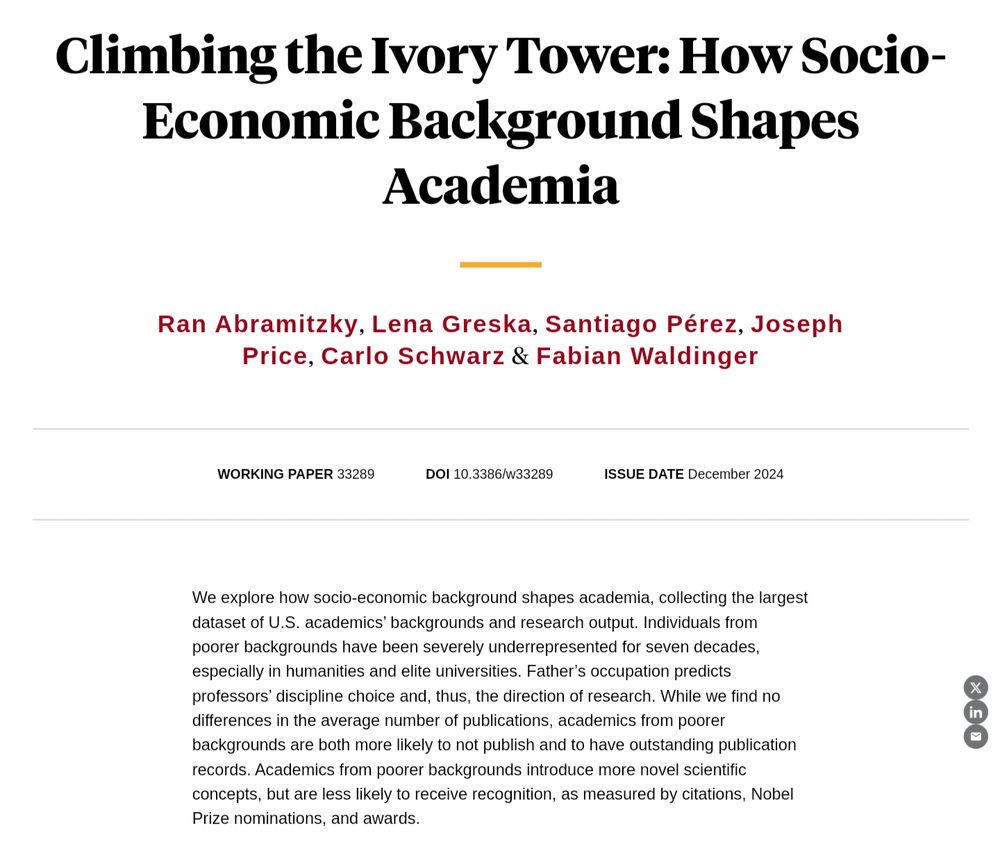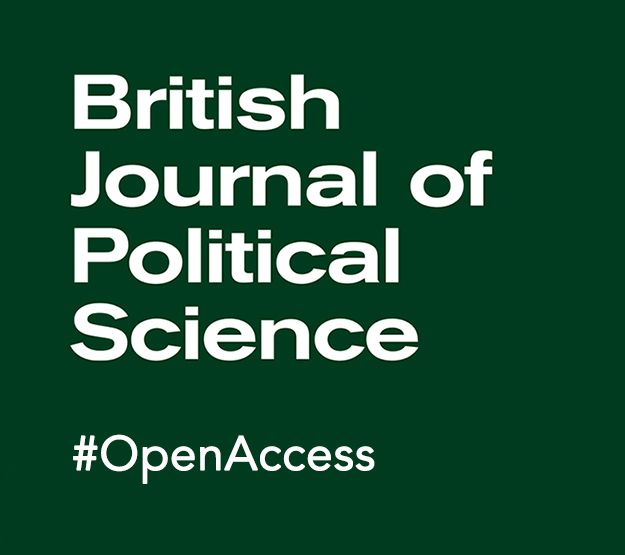
IPE Prof, University of Geneva. Political economy. Fiscal and monetary politics. #FirstGen.
www.thomassattler.org
Reposted by Stefanie Walter, Thomas Sattler
👉🏽 Section chairs:
Jane Gingrich & Thomas Sattler
📢 Our section welcomes submissions examining how economic & political processes, policies and outcomes influence each other. We welcome studies from both comparative (CPE) or international (IPE) political economy >>>
4/
Reposted by Simon Hix, Thomas Sattler
More updates soon.
6/
Reposted by Simon Hix, Thomas Sattler
We’ll be highlighting two sections per week across our channels, stay tuned!
5/
Reposted by Simon Hix, Guy Grossman, Thomas Sattler
Submit your proposals here: epssnet.org/belfast-2026... Proposals are already coming in, please help us spread the word!
4/
Reposted by Thomas Sattler

ejpr.onlinelibrary.wiley.com/doi/10.1111/... 1/n
Reposted by Matthias Doepke, Sherri Rose, Irene H. Yen , and 2 more Matthias Doepke, Sherri Rose, Irene H. Yen, Jan Eeckhout, Thomas Sattler

- not publish
- have outstanding publication records
- introduce more novel scientific concepts
- less likely to receive recognition, as measured by citations, Nobel Prize nominations, and awards.
www.nber.org/papers/w33289
Reposted by Robert Huber, Thomas Sattler

Quynh Nguyen, @sattlersthomas.bsky.social and I
explore this with survey-embedded experiments in 🇨🇳 and the 🇺🇸!
More👉 bit.ly/4iIm6DG
#China #USA

doi.org/10.1111/1475...
Reposted by Thomas Sattler



See new paper in International Organization, with Dennis Quinn and Stephen Weymouth:
www.cambridge.org/core/journal...
Threats and the Public Constraint on Military Spending - cup.org/3SrihrX
- Matthew DiGiuseppe, Alessia Aspide & Jordan Becker
#FirstView

Reposted by Thomas Sattler

Threats and the Public Constraint on Military Spending - cup.org/3SrihrX
- Matthew DiGiuseppe, Alessia Aspide & Jordan Becker
#FirstView
Does Austerity Cause Polarization? - cup.org/3rWUOnM
- Evelyne Hübscher, Thomas Sattler & Markus Wagner

Reposted by Thomas Sattler

Does Austerity Cause Polarization? - cup.org/3rWUOnM
- Evelyne Hübscher, Thomas Sattler & Markus Wagner
Reposted by Yphtach Lelkes
British Journal of Political Science - Volume 53 - Issue 4 - October 2023 - cup.org/491n4pZ

www.cambridge.org/core/journal...
With @evehubscher.bsky.social and @markuswagner.bsky.social
Reposted by Yphtach Lelkes

British Journal of Political Science - Volume 53 - Issue 4 - October 2023 - cup.org/491n4pZ
Reposted by Thomas Sattler

